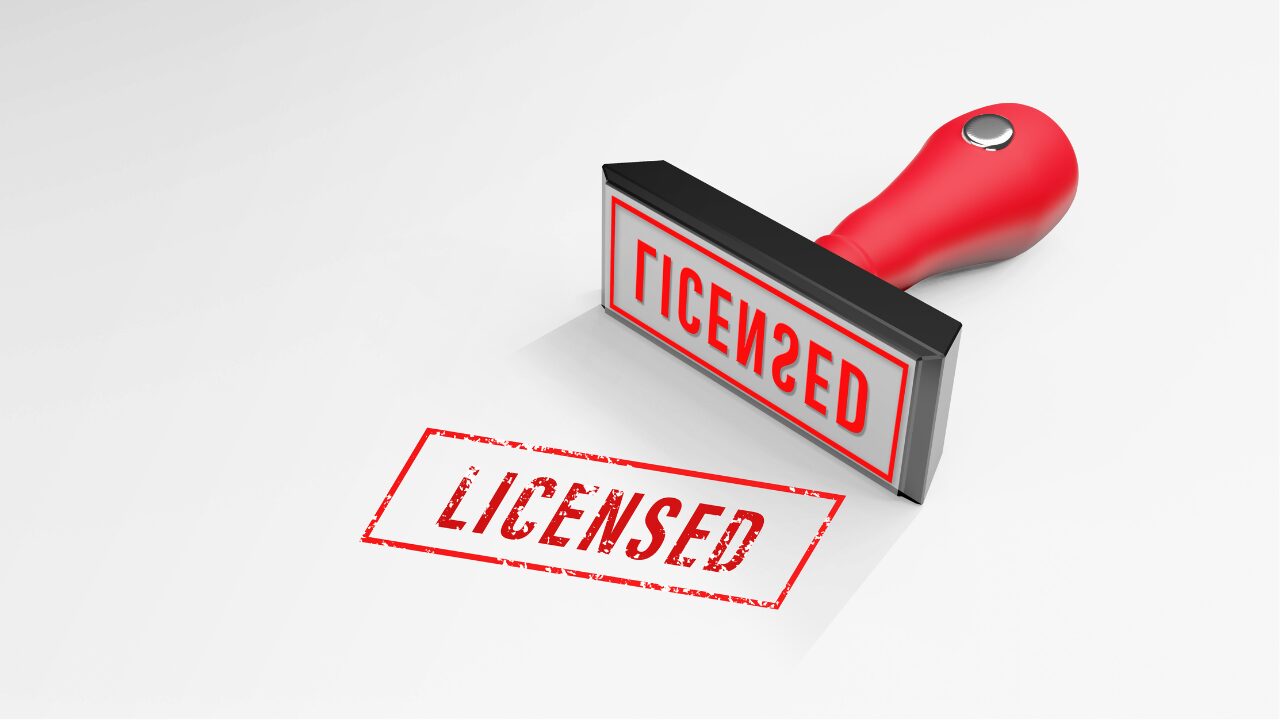Obtaining a sales tax permit in Connecticut is vital for businesses that want to align with the state's regulatory requirements. This permit enables businesses to legally collect sales tax from their customers, ensuring adherence to Connecticut's tax laws and contributing to the state's economy.
In addition to fulfilling legal obligations, having a sales tax permit can improve a business's trustworthiness and reputation among customers and other businesses. Being compliant with tax requirements shows that a business is committed to lawful practices and ethical standards.
Below is a comprehensive guide from doola’s bookkeeping team to help you navigate the registration process.

Who Needs a Sales Tax Permit in Connecticut
In Connecticut, businesses that sell tangible personal property or offer taxable services must collect and remit sales tax to the state. This encompasses physical stores, service providers, and online sellers.
The economic nexus threshold in Connecticut specifies that businesses with over $100,000 in sales and 200 transactions must collect sales tax, even if they don’t have a physical presence in the state.
Examples of such businesses include local retail outlets, contractors providing taxable services, and out-of-state online retailers that meet these thresholds.
Steps to Register for a Sales Tax Permit in Connecticut
Follow these steps to register for a sales tax permit in Connecticut.
- Prepare Your Documents
You will need to provide the following information:
- Legal Business Name: This must match the name registered with the Connecticut Secretary of State.
- Physical Business Address: A street address is required; P.O. boxes are not acceptable.
- Federal Employer Identification Number (FEIN): Obtain this from the IRS if not already acquired.
- Contact Information: Include primary business contact information, such as phone numbers and email addresses.
- North American Industry Classification System (NAICS) Code: This code represents your business industry.
- Date of Business Commencement in Connecticut: Specify the start date of business operations in the state.
2. Register Online via the Connecticut Department of Revenue Services (DRS)
To register, access the Trust Tax Registration web page on the Connecticut Department of Revenue Services site, submit the necessary information accurately, review your application, and submit it via the portal.
3. Wait for Approval
Upon submission, it may take a few days to receive your sales tax permit. Once approved, you’ll be authorized to collect sales tax in Connecticut.
Handling taxation can be complex and time-consuming, especially for business owners. doola’s Bookkeeping services can streamline the process, offering guidance from start to finish and ensuring compliance.
Understanding Your Sales Tax Responsibilities in Connecticut
Businesses in Connecticut generally need to file sales tax returns on a regular basis, such as monthly, quarterly, or annually, depending on sales volume. Correct sales tax rates must be applied, which can vary by location, including state, county, and city levels. Connecticut also offers specific exemptions and rules, such as sales tax holidays, influencing how and when tax is collected.
Common Mistakes to Avoid
- Failing to register for a sales tax permit when required.
- Applying incorrect sales tax rates for different locations.
- Missing filing deadlines and incurring penalties.
- Overlooking exempt sales and not maintaining proper documentation for resale certificates.
How to Maintain Compliance & File Sales Tax Returns
To file Connecticut sales tax returns, use the DRS Taxpayer Service Center, where you can file returns and remit payments electronically. Implementing automated solutions can help ensure tax collection accuracy and compliance.
Rest assured, doola is your partner for bookkeeping and taxes, helping your business maintain compliance seamlessly.
FAQs About Sales Tax Permits in Connecticut
How long does it take to get a sales tax permit?
Typically, it takes a few business days for the Connecticut Department of Revenue Services to process a sales tax permit application.
Do I need to renew my sales tax permit?
No, once you receive a sales tax permit, it remains valid as long as your business complies with Connecticut tax regulations.
What happens if I stop doing business in Connecticut?
You must formally close your sales tax account by notifying the Connecticut Department of Revenue Services.
Are online sellers required to collect sales tax in Connecticut?
Yes, online sellers meeting the economic nexus threshold of $100,000 in sales and 200 transactions must collect Connecticut sales tax.
Stay Compliant With doola
Obtaining a sales tax permit is essential for any business operating in Connecticut. Compliance requires keeping track of deadlines, applying correct tax rates, and understanding exemptions.
Professional assistance can make a significant difference. For financial solutions and compliance support, doola is here to help, making it easier for your business to thrive.
Remember to visit the Connecticut Department of Revenue Services website for additional information and resources.




